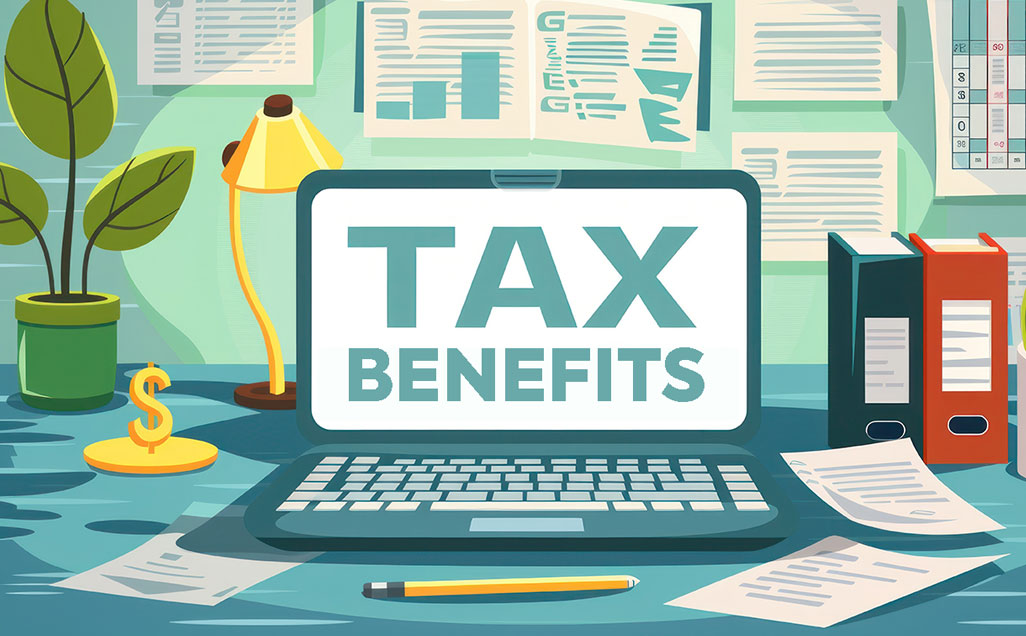When deciding to venture into the world of business ownership, one of the key influencing factors is the tax implications involved. Determining which business model between a franchise and a traditional business offers the most appealing tax benefits can be daunting. In this piece, we dive into the nitty-gritty of understanding the tax benefits tied to these two distinct business models, and provide a comprehensive comparison to guide potential business owners in their decision-making process.
Understanding the Concept: Franchise vs. Traditional Business
A traditional business is a stand-alone entity conceived and built from scratch by an entrepreneur. This model gives the owner total control over the business operations, branding, and decision-making. On the other hand, a franchise is a business model where an entrepreneur (franchisee) pays to use an established company’s (franchisor) successful business model and registered trademark. While a franchise offers a tested business model and brand recognition, it does come with rules and regulations determined by the franchisor.
In terms of taxes, both business models have distinct advantages and drawbacks. Traditional businesses have the flexibility to adjust their operations to maximize tax benefits while franchises may enjoy tax deductions on franchise fees or royalties. However, the tax implications for both types of businesses are subject to the specific laws and regulations of the country in which they operate.
Determining Tax Benefits for Franchises
Franchises often have specific tax benefits. For starters, franchisees can deduct the initial franchise fee over a 15-year period, enhancing their ability to manage cash flow in the early years. Additionally, ongoing royalty fees, advertising costs, and other expenses related to the franchise can be written off as business expenses.
Depending on the jurisdiction, there might be additional tax deductions available. For instance, in the U.S., there are specific tax credits for businesses that provide access to disabled individuals. If the franchise location needs to be modified to be accessible, these costs can also be deducted. However, it’s essential to note that all these benefits come with the commitment to adhere strictly to the franchisor’s business model, which might limit some operational freedoms.
Analyzing Tax Benefits for Traditional Businesses
Traditional businesses also enjoy a set of tax benefits. One of the main advantages is the flexibility to adjust operations based on the tax climate. For instance, the owner can change the business structure (from sole proprietorship to corporation or partnership) to decrease the tax burden.
Additionally, traditional business owners can also write off business expenses, including rent, utilities, equipment, and salaries. Business losses can be carried forward or backward to offset profits in other tax years. Furthermore, if a business is sold, the owner may only be taxed on the profit rather than the entire sale price, which could result in significant tax savings. However, unlike franchises, traditional businesses may not have the luxury of a tested business model or brand recognition, increasing the risk factor.
Comprehensive Comparison: Franchise vs. Traditional Business Tax Benefits
When comparing the tax benefits of franchises and traditional businesses, it’s important to consider both the short-term and long-term implications. Franchises tend to offer more immediate tax relief through deductions on franchise fees and operational costs. However, the lack of operational flexibility might limit opportunities for tax planning in the long run.
On the other hand, traditional businesses offer greater flexibility and potential for long-term tax planning. The ability to change the business structure and carry losses forward or backward can result in significant tax savings over time. However, they often require more hands-on management, and the risk of failure may be higher due to the lack of a proven business model and brand recognition.
In conclusion, the decision to choose a franchise or a traditional business should be based not only on tax benefits but also other factors such as your risk tolerance, business acumen, and personal preferences. It’s advisable to consult with a tax professional who can provide personalized advice based on your specific situation and goals. Remember, the goal is to choose the business model that aligns best with your personal and financial objectives, and provides a platform for sustainable growth and success.
Are you a military veteran or a military spouse interested in owning a franchise? Vetrepreneur Franchise Coaching has the roadmap to navigate you to becoming your own boss.
Learn more and sign up for free coaching at https://vetrepreneur.com/franchise-coaching/.
Sign up to attend our free Vetrepreneur Franchise Workshop at https://vetrepreneur.com/franchise-workshop/ and get the insights you need to have the confidence in attaining your dream of being your own boss.







